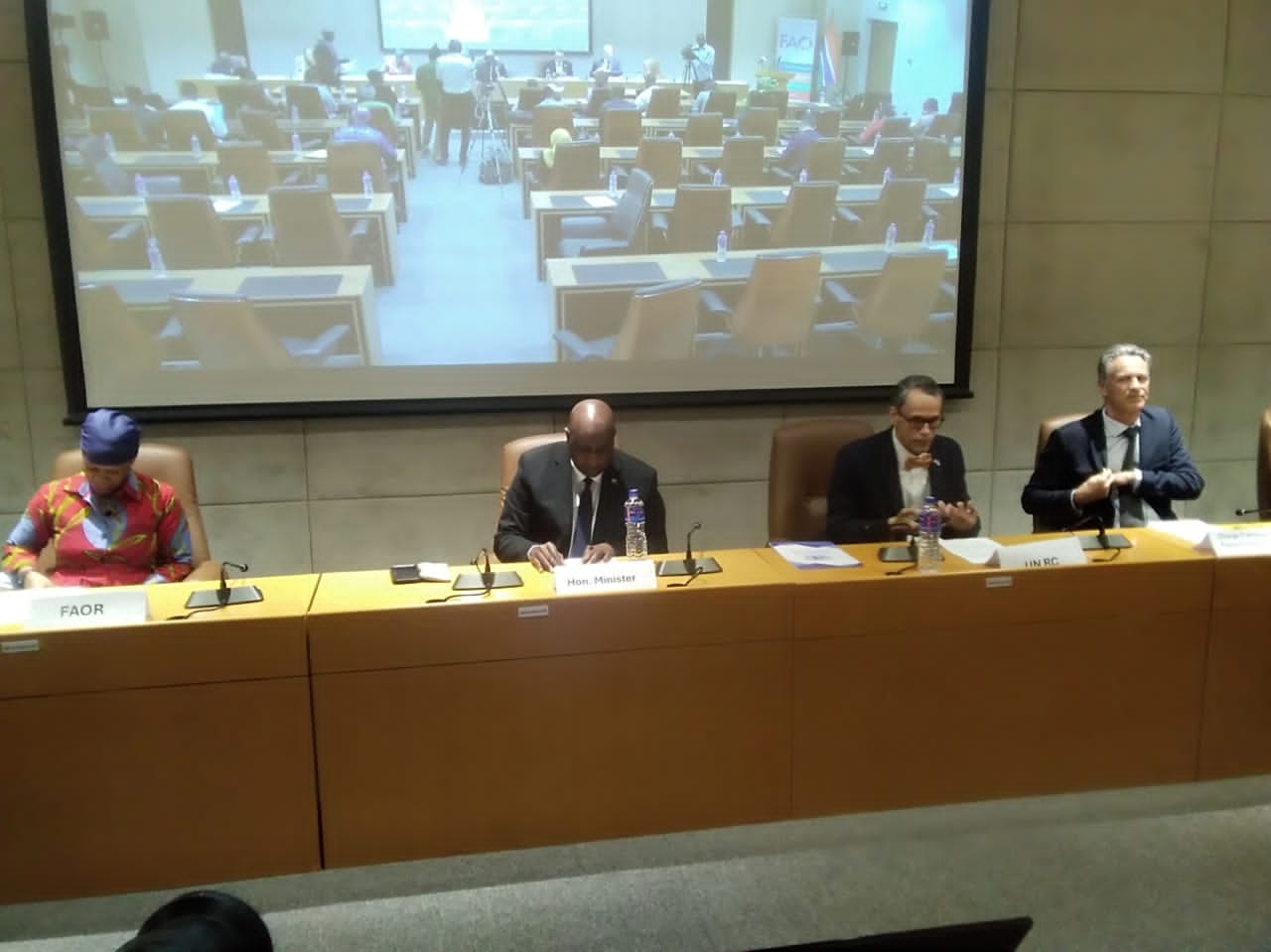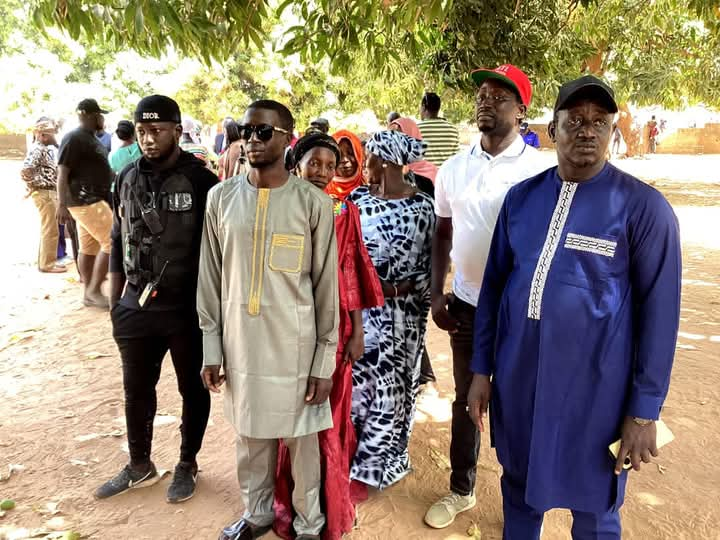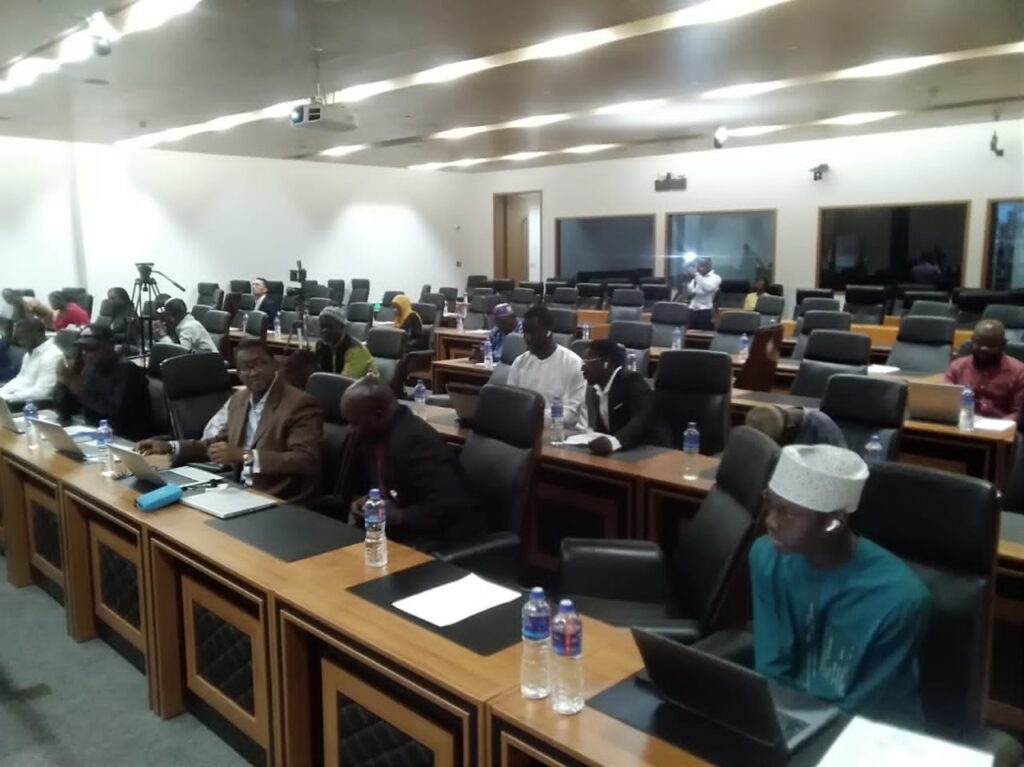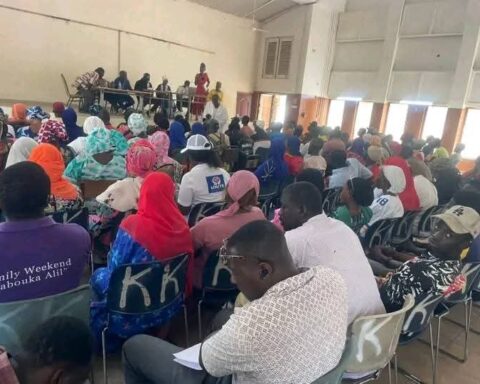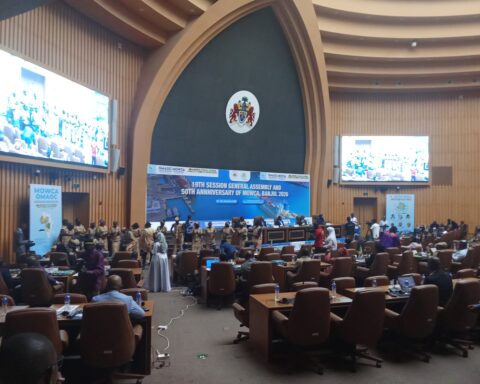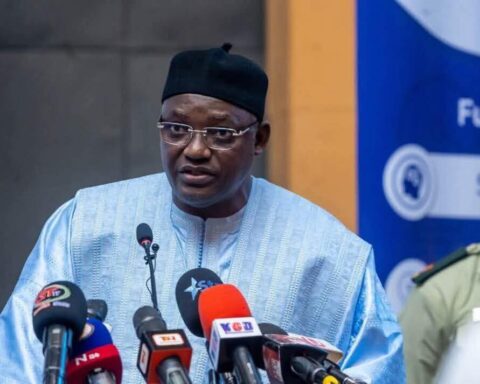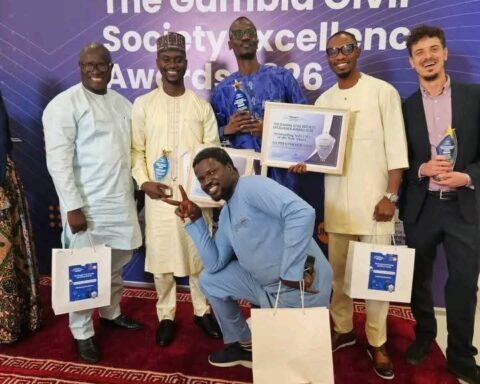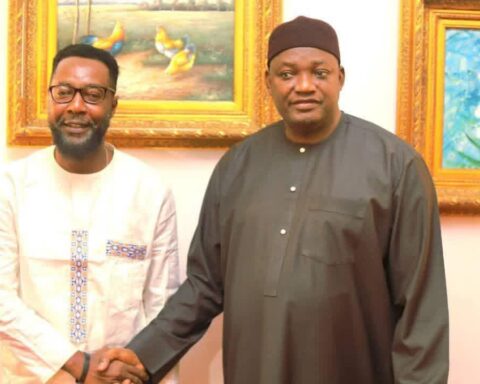By: Modou Sarr
Economic Community of West African States (ECOWAS) successfully held a National Training Workshop on the Prevention and Response to Gender-Based Violence (GBV) and Sexual Harassment from February 20 to 22, 2025, in Banjul, The Gambia. This milestone event aimed to strengthen the capacity of judicial, health, and social actors in addressing GBV and sexual harassment effectively.
According to Mr. Kajali Sonko, Deputy Permanent Secretary Technical at the Ministry of Gender Children and Social Welfare, and Coordinator of the event, The workshop followed the recommendations made during the ECOWAS Regional Training Workshop in Lomé, Togo, in June 2024, where member states emphasized the need for national-level training to enhance the implementation of regional policies on GBV prevention and response, provide participants with a deep understanding of GBV, its causes, effects, and holistic care for survivors as well as broaden their horizon on Understanding the fundamental concepts, causes, and effects of GBV, Mastering strategies for GBV and sexual harassment prevention, Acquiring skills in holistic case management, referral pathways, and survivor data security, Learning and internalizing standard operating procedures for handling sexual harassment cases
In her statement, Dr Odeal Ndumbeh Faye, Programme Officer at Ecowas Gender and Development Centre, emphasized the urgency of the training, acknowledging that while laws addressing GBV exist, their implementation often falls short due to societal attitudes and systemic weaknesses. She noted that statistics indicate that between 20% and 60% of women in certain West African countries experience physical violence, while FGM remains prevalent. The training aimed to normalize discussions around GBV and promote gender-sensitive protocols for survivor support.
Speaking on behalf of the ECOWAS Permanent Mission in The Gambia, Political Adviser Claude Kondor reiterated ECOWAS’ commitment to eradicating GBV. He highlighted key regional policy frameworks, including the ECOWAS Strategy on GBV Prevention and Response and the 2021 Declaration on Zero Tolerance to GBV.
Despite progress, Kondor acknowledged persistent challenges such as harmful cultural norms, inadequate funding, weak enforcement of laws, and underreporting of GBV cases. He emphasized the need for enhanced stakeholder collaboration, leveraging technology for data-driven interventions, and promoting women’s education and economic empowerment to address these challenges.
In her keynote address, the Honorable Minister of Gender, Children, and Social Welfare reaffirmed The Gambia’s commitment to tackling GBV. She highlighted alarming statistics, noting that 20.1% of women aged 15-49 in The Gambia have experienced physical violence, while 7.5% have suffered sexual violence.
She underscored the need for a National Roadmap for GBV Prevention and Response, aligned with the ECOWAS Regional Strategy and The Gambia’s existing legal frameworks, including the Women’s Act 2010, the Sexual Offences Act 2013, and the Gender Policy 2023-2032. However, significant challenges remain, including:
Harmful cultural norms discouraging survivors from reporting abuse.
Inadequate funding for GBV programs.
Weak enforcement of existing laws.
To tackle these issues, the Minister proposed innovative solutions such as digital reporting platforms, teletherapy services, and data-driven policymaking. She called for increased investments in one-stop centers, shelters, law enforcement training, and community sensitization programs.
“The fight against GBV requires collaboration across government institutions, civil society, law enforcement, traditional and religious leaders, and the private sector. Only through collective action can we dismantle systemic barriers and achieve meaningful change,” she emphasized.
The ECOWAS National Training Workshop on GBV Prevention and Response represents a significant step in addressing GBV in The Gambia. By equipping key stakeholders with the necessary knowledge and tools, the training aims to create a stronger national response mechanism.
As the workshop concluded, stakeholders expressed optimism about the impact of this initiative in fostering a more informed and responsive network of actors dedicated to combating GBV. With continued support from ECOWAS and active engagement from local partners, The Gambia is set to make meaningful progress in addressing gender-based violence and ensuring a safer society for all.

